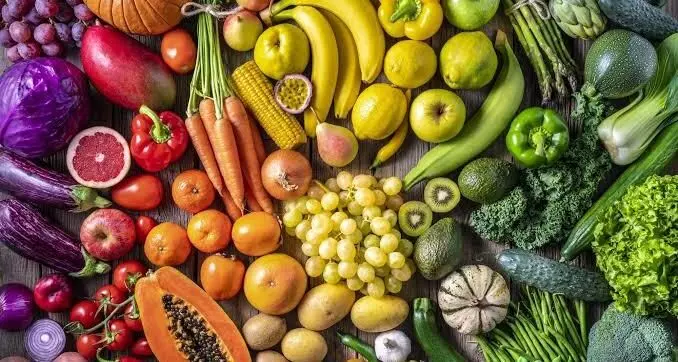
Scientists develop preservatives-loaded re-usable fruit wrappers
text_fieldsNew Delhi: Scientists from the Institute of Nano Science and Technology (INST), Mohali has developed a composite paper out of carbon, loaded with preservatives, to use as wrappers for fruits to increase their shelf life, reports IANS. Their study has been published in the journal 'ACS applied materials and interface'.
The team of researchers led by Dr PS Vijayakumar of INST- an autonomous institute of the Department of Science and Technology, Ministry of Science and Technology, Government of India- worked on an alternative preservation method that could be generated from waste and won't be absorbed by the fruit.
The activated graphene oxide molecules on the developed wrapper were loaded with preservatives, ensuring that the fruit is not loaded with preservatives. If the fruit overripens or gets infected by pathogens, acids were secreted, triggering the release of preservatives. Otherwise, the preservative stays put. The wrapper can be used for the next batch of fruits which is not possible with the current fruit dipping technique as the preservatives will be lost along with the fruit.
During their work, the researchers allowed the carbon matrix to incubate with the preservative for 24 hours at room temperature. After that, the resultant was washed several times off extra preservatives and cast into paper. Vijayakumar said that waste-derived carbon materials are known to harbour a considerable amount of organic molecule loading. So, the preservative loaded carbon has been prepared and cast into paper for fruit preservation. He added that increasing the capacity of carbon to hold organic molecules helped them to develop the product.
Fruits are heavily prone to decay, as 50 per cent of produced are wasted, sustaining considerable losses to farmers and the food industry. Dipping technology is what widely used preserve fruits nowadays, in which fruits are preserved by coating the preservatives with resin, wax, or edible polymer. The preservatives are adsorbed by the fruit, inducing chronic toxicity on consumers. But the new wrapper releases the preservatives only when needed, and it could be reused, according to a release on Monday.
The release said that the wrapper would ensure that the customer will get healthy quality fruits since the researchers found improvement in the phenol content. The carbon required to produce the wrapper is generated by heating biomass. This could help biomass consumption and employment generation, the release added.























